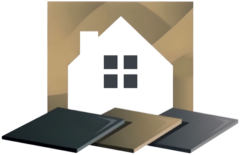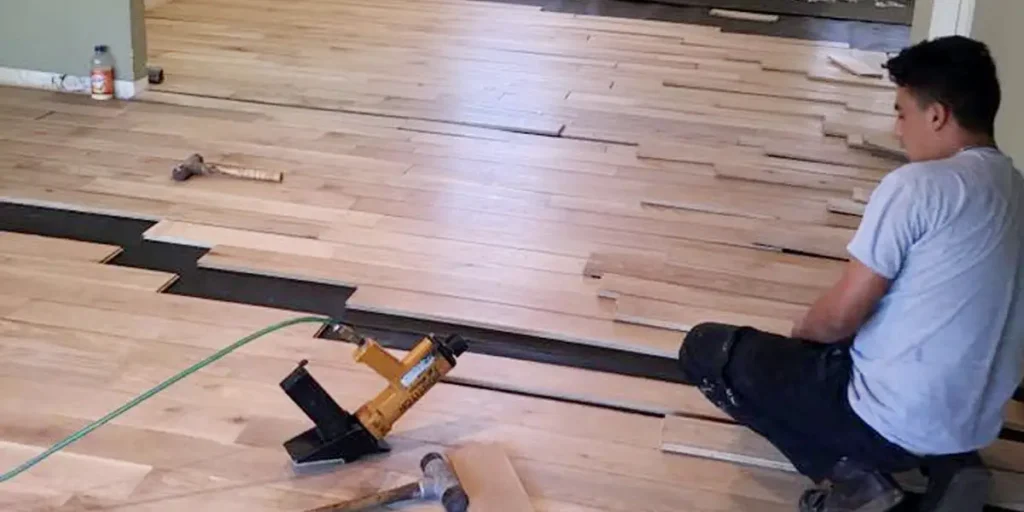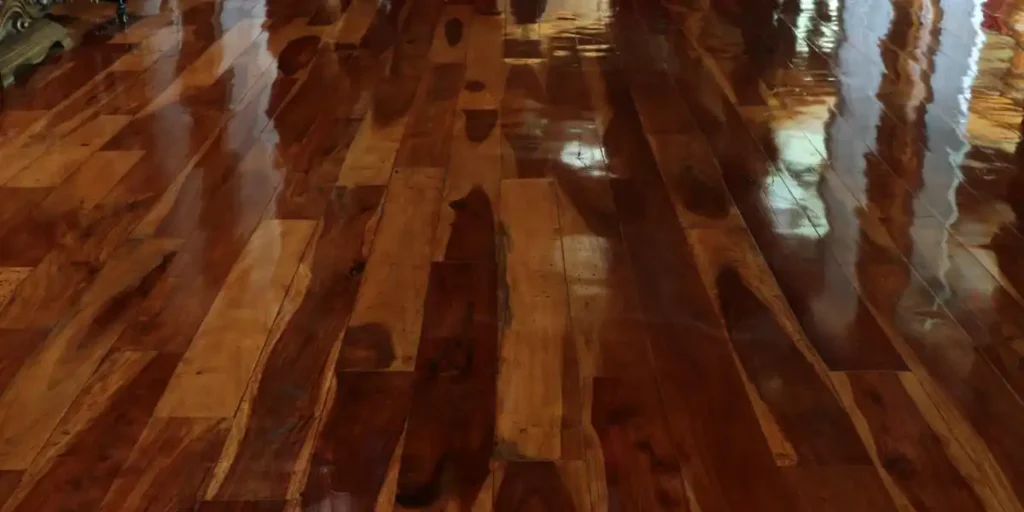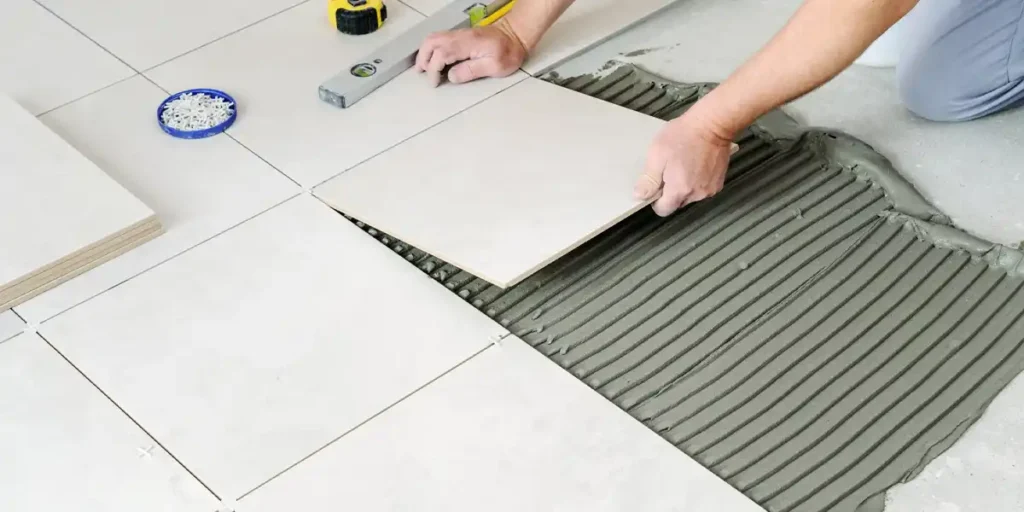Replacing hardwood floors is a major investment that can enhance your home’s beauty, functionality, and value. Whether you’re replacing old, damaged flooring or updating the style, understanding the cost factors will help you plan effectively. So, how much does it cost to replace hardwood floors? Let’s break it down in this detailed guide.
Understanding the Cost of Replacing Hardwood Floors
Replacing hardwood floors involves several cost components, including materials, labor, and additional expenses like subfloor preparation. On average, homeowners spend between $12 to $20 per square foot, with total costs varying based on the size of the project and specific requirements.
Cost of Hardwood Materials
The type of hardwood significantly impacts the overall expense. Different species offer varying levels of durability, aesthetic appeal, and price points:
- Oak: $5–$10 per sq. ft.
Known for its timeless grain patterns and durability, oak is a popular choice. Red oak offers warmth, while white oak is slightly more water-resistant. - Maple: $6–$12 per sq. ft.
Maple is sleek and contemporary, offering excellent resistance to wear and tear. It’s ideal for modern spaces but may cost more than oak. - Walnut: $8–$15 per sq. ft.
With its dark, luxurious tones, walnut is a premium option that adds sophistication to any room. Its cost reflects its high-end appeal. - Exotic Woods (Brazilian Cherry, Teak): $10–$20 per sq. ft.
Exotic species are visually stunning but come with higher price tags due to limited availability.
Labor Costs for Replacement
Labor expenses typically range from $4 to $8 per square foot, covering removal, preparation, and installation. Factors affecting labor costs include:
- Removal of Old Flooring: $1–$3 per sq. ft.
Removing old hardwood, especially if it’s glued down, can be labor-intensive and increase costs. - Subfloor Preparation: $1–$2 per sq. ft.
Preparing the subfloor ensures a smooth and level surface, preventing issues with the new flooring. - Installation: $4–$8 per sq. ft.
Installation costs vary depending on the complexity of the project and the method used (e.g., nail-down, glue-down, or floating).
Additional Costs to Consider
When replacing hardwood floors, additional costs often arise. It’s essential to factor these into your budget to avoid surprises:
1. Disposal of Old Flooring
Disposing of old hardwood can cost between $200–$500, depending on the volume of material and local disposal fees. Recycling options may be available but could add to labor time.
2. Finishing
Prefinished hardwood eliminates finishing costs, but if the wood is unfinished, you’ll need to budget for sanding, staining, and sealing. This adds $2–$5 per sq. ft. to your total cost.
3. Repairs and Subfloor Replacement
Damaged subfloors must be repaired or replaced before installation. Repairs may cost $100–$500, while full replacement adds $2–$4 per sq. ft. to your expenses.
4. Customizations
Specialty designs, such as borders, inlays, or herringbone patterns, add a touch of elegance but come at a premium, ranging from $10–$30 per sq. ft.
Factors That Influence Replacement Costs
Several variables can impact how much it costs to replace hardwood floors. Understanding these factors will help you manage your budget more effectively:
1. Size of the Area
The larger the space, the higher the cost. While bulk discounts on materials may apply, labor costs increase proportionally with the project size.
2. Geographic Location
Costs vary by region, with urban areas often having higher labor and material expenses due to demand and transportation logistics.
3. Type of Installation
The installation method affects both labor and material costs. Glue-down installations are more complex and therefore pricier than nail-down or floating methods.
4. Timeline
Rush jobs requiring expedited timelines may incur higher labor fees. Planning ahead can help you avoid these additional costs.
DIY vs. Professional Replacement
While DIY hardwood floor replacement can save you labor costs, it requires advanced skills and tools. Mistakes during removal or installation can lead to costly repairs, negating the savings. Professional services ensure precision, durability, and often include warranties, making them a worthwhile investment for many homeowners.
Final Thoughts
Replacing hardwood floors is a significant investment that enhances the beauty and value of your home. By understanding how much it costs to replace hardwood floors and the factors involved, you can make an informed decision that aligns with your budget and style preferences.
Ready to upgrade your home with stunning new hardwood floors? Contact Cardenas Flooring today for expert advice and professional installation!
FAQs
1. How much does it cost to replace hardwood floors?
Replacing hardwood floors costs between $12 to $20 per square foot, depending on materials, labor, and additional factors like subfloor preparation and disposal. For a 1,000 sq. ft. area, expect to pay $12,000–$24,000 on average, though exotic woods or custom designs can increase costs.
2. How long does it take to replace hardwood floors?
Replacing hardwood floors typically takes 7–10 days. This includes removing old flooring, preparing the subfloor, and installing new hardwood. Custom designs or extensive repairs can extend the timeline, so plan accordingly to accommodate any potential delays.
3. Can I replace hardwood floors myself?
Yes, replacing hardwood floors can be a DIY project if you have the necessary tools and skills. DIY can save $4–$8 per square foot, but mistakes during installation or subfloor preparation may lead to costly repairs. Professional help ensures a flawless finish.
4. How often should hardwood floors be replaced?
Hardwood floors can last 50–100 years with proper care. Replacement is typically required when the flooring is severely damaged, has excessive water issues, or when a homeowner desires a modern aesthetic update.
5. Are there eco-friendly hardwood flooring options?
Yes, eco-friendly options include FSC-certified wood, which ensures sustainable harvesting practices, and reclaimed hardwood, which gives old wood a new life. These choices are environmentally responsible and often comparable in price to traditional hardwood flooring options.




